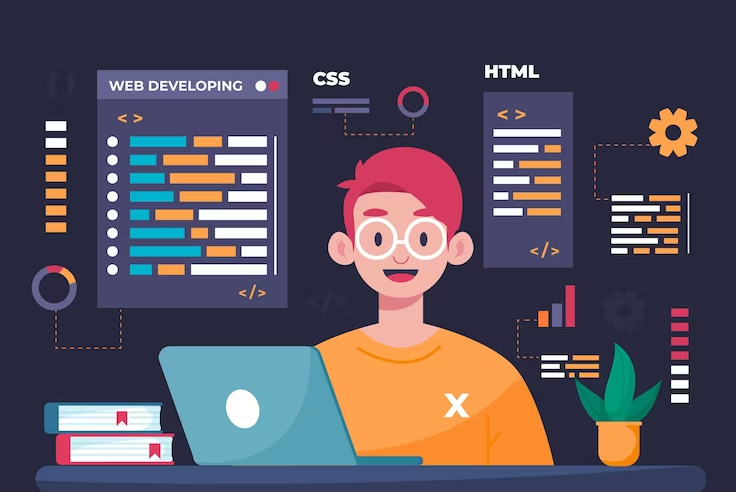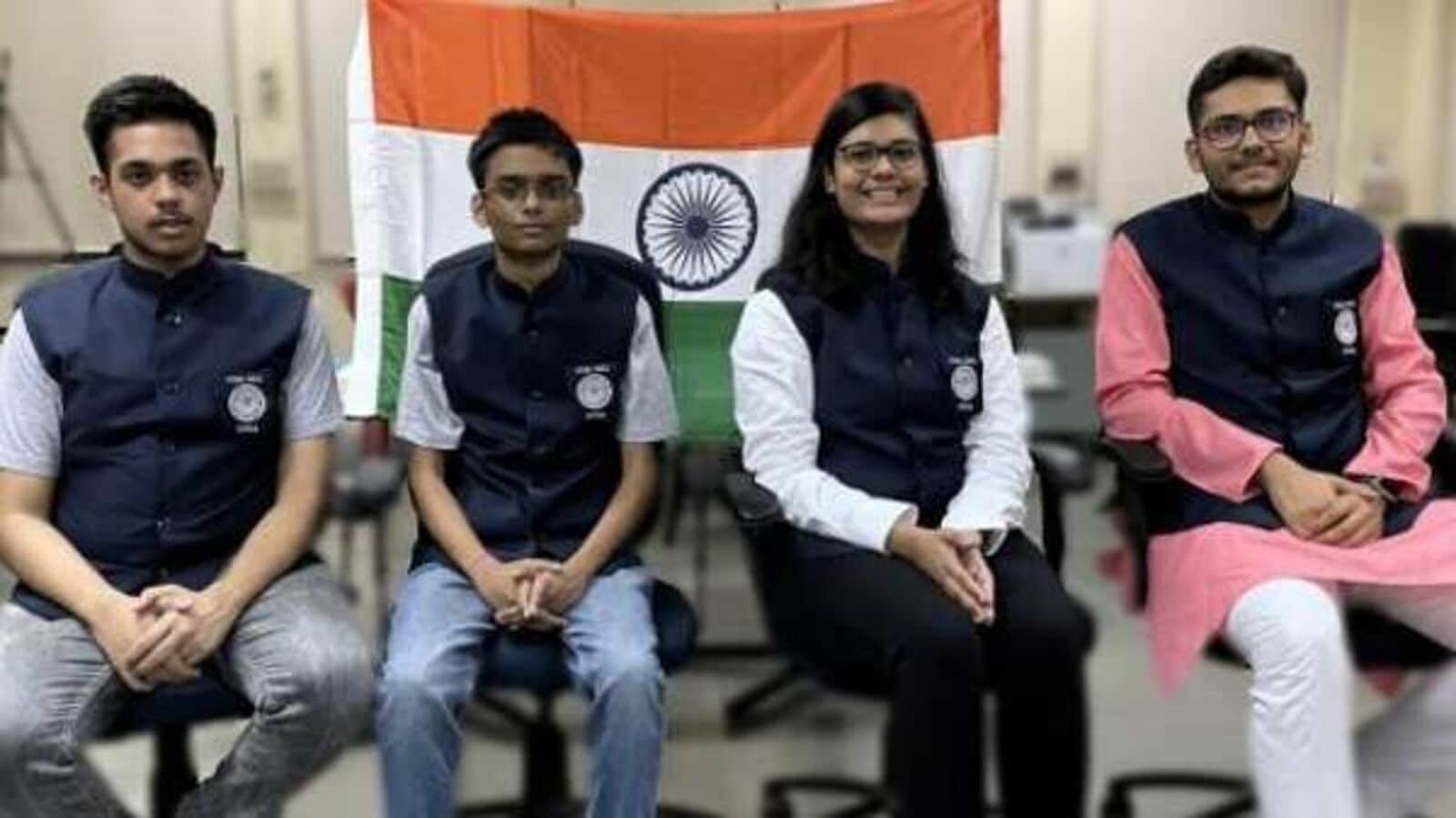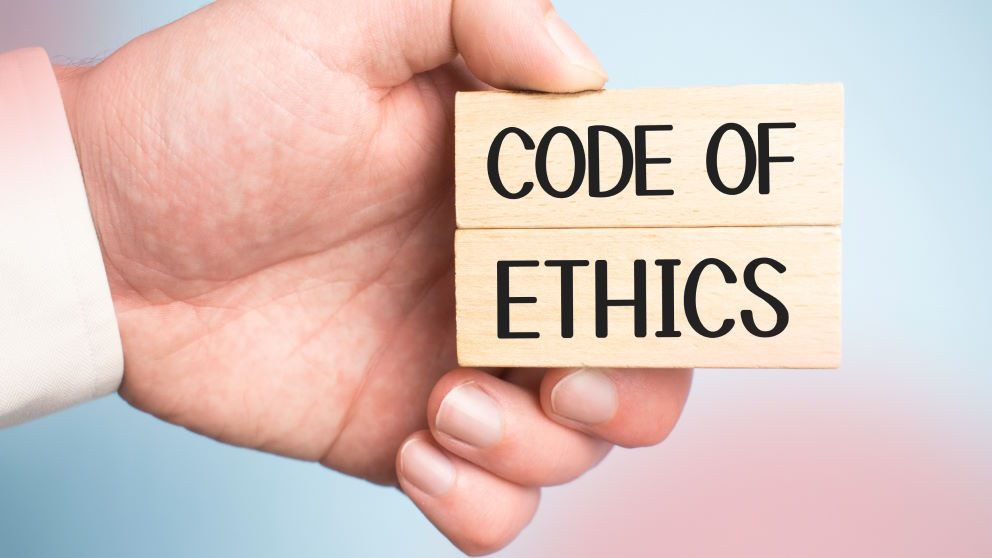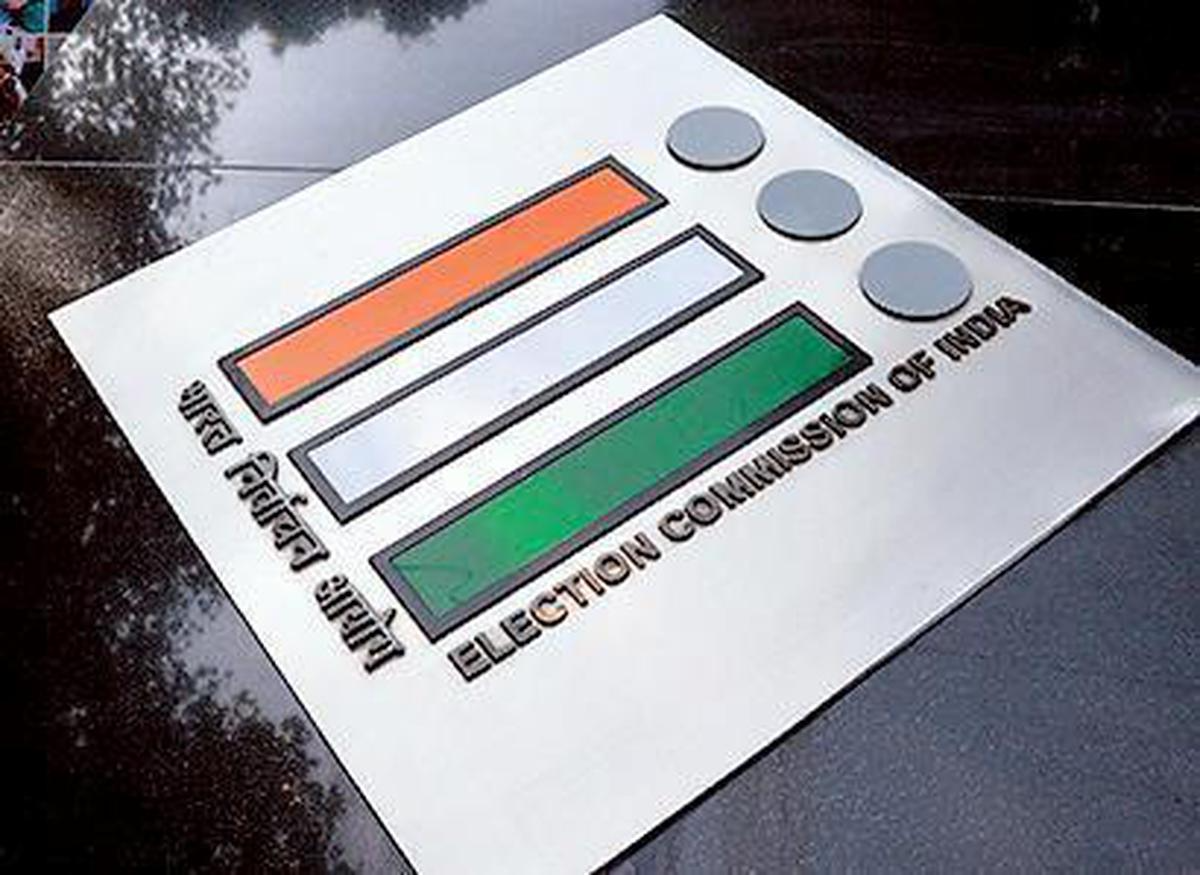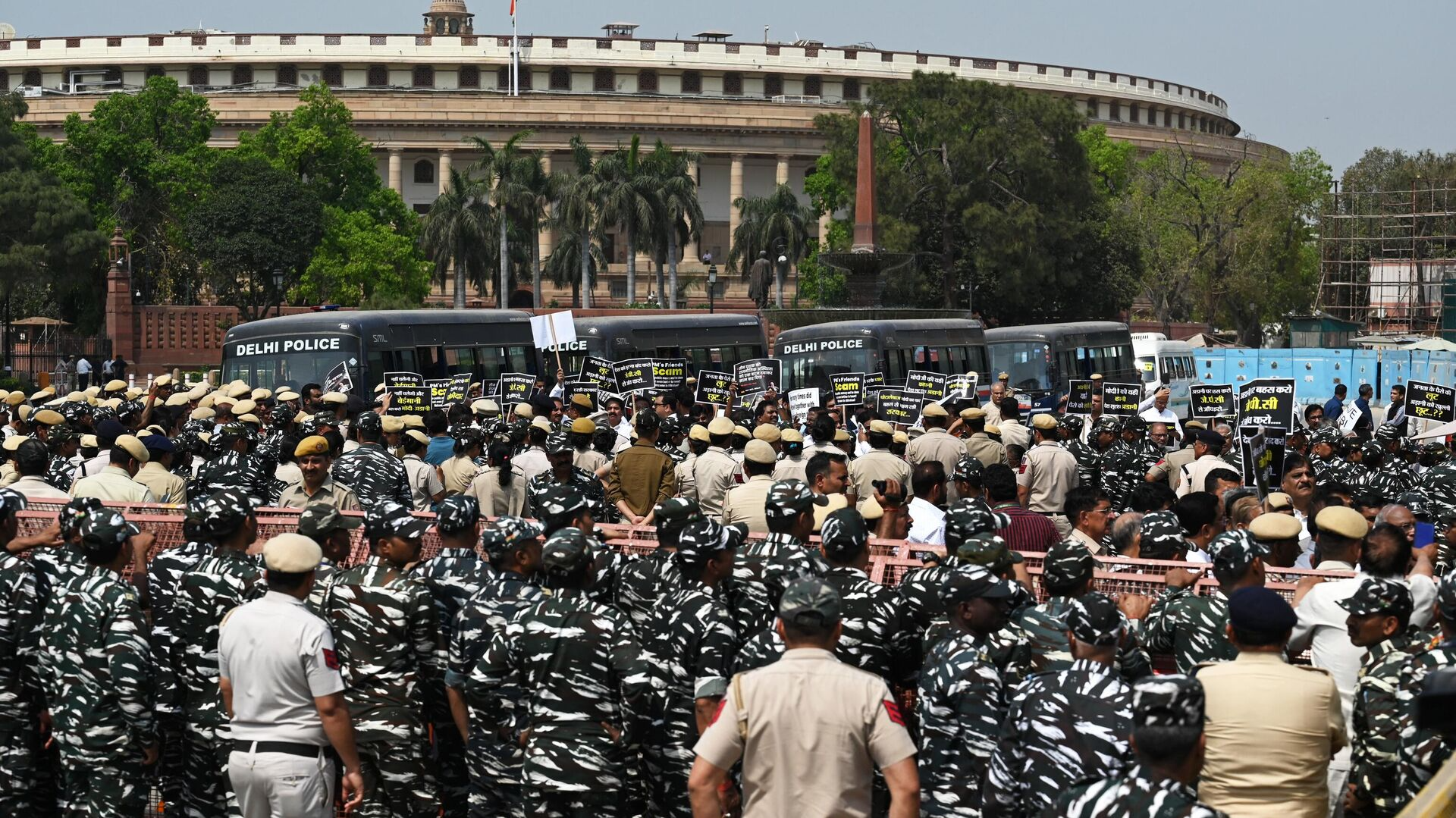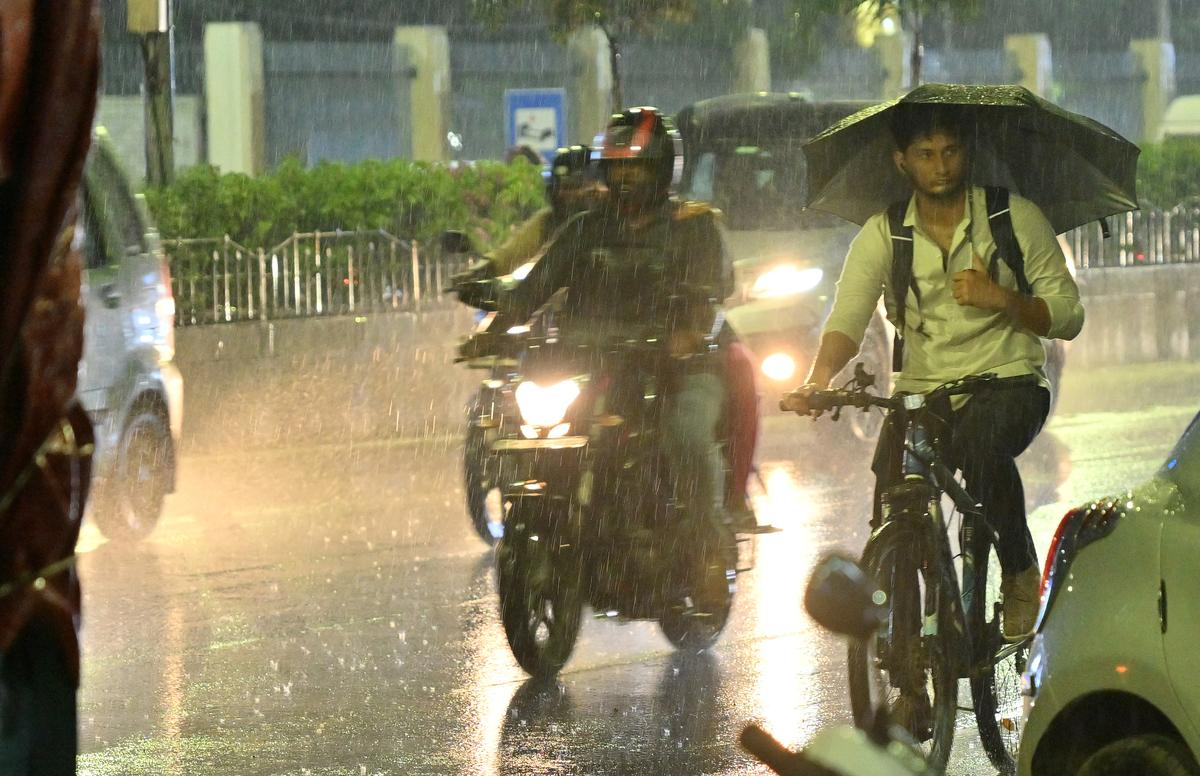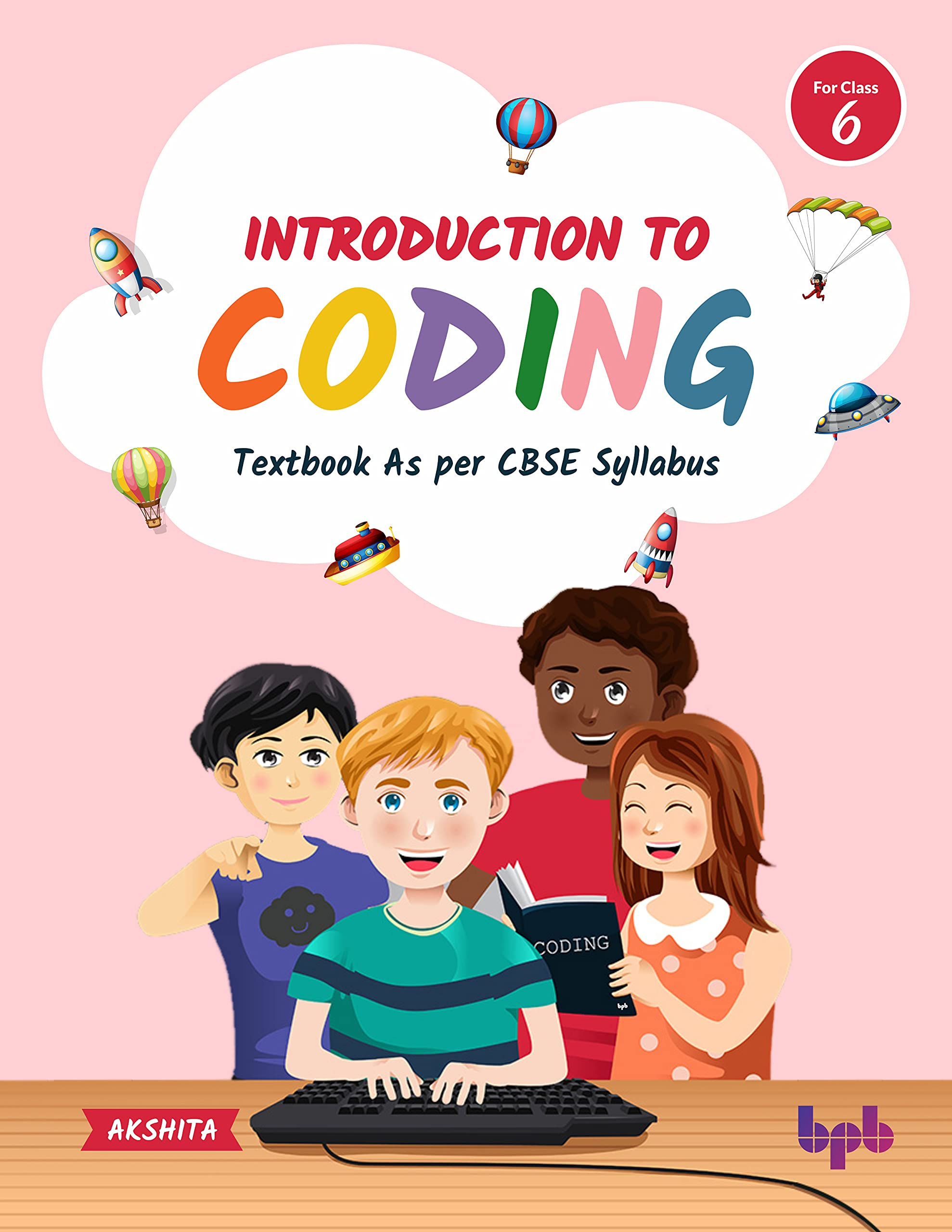AICTE Approves Fully Online B.Tech Programs
Posted On July 11, 2025

In a move that promised to revolutionize technical education access in India, the All India Council for Technical Education (AICTE), the statutory body for proper planning and coordinated development of the technical education system in the country, had previously signaled a significant shift towards embracing fully online Bachelor of Technology (B.Tech) programs. This initiative was seen as a direct response to the National Education Policy (NEP) 2020's strong emphasis on leveraging technology for greater accessibility, flexibility, and quality in higher education. However, a crucial update to this narrative is necessary, as recent developments, including a Supreme Court ruling, have clarified and, in some respects, curtailed the scope of fully online B.Tech degrees in India.
Initially, AICTE, in alignment with the NEP's vision, had taken steps to facilitate online learning in technical education. The AICTE (Open and Distance Learning Education and Online Education) Guidelines, 2021, paved the way for certain technical education courses to be offered online. This marked a departure from AICTE's historical aversion to online technical programs, which stemmed from concerns about maintaining the rigor and practical components essential for engineering degrees. The guidelines initially permitted highly-rated Higher Education Institutions (HEIs) - those with specific NAAC or NBA accreditation scores or top NIRF rankings - to offer full-fledged online and Open and Distance Learning (ODL) programs without prior AICTE approval, albeit for limited programs like management, computer applications, AI, and data science. Other technical programs were expressly prohibited from online and ODL modes.
The driving force behind the push for online technical education was the immense potential to democratize access to quality engineering degrees. India, with its vast population and diverse geography, faces challenges in providing sufficient seats in traditional, brick-and-mortar engineering colleges. Fully online programs, theoretically, could remove geographical barriers, offer flexibility for working professionals seeking to upskill or reskill, and potentially reduce the overall cost of education by eliminating expenses related to commuting, housing, and campus facilities. This was particularly seen as beneficial for those already in the workforce who wished to enhance their qualifications without pausing their careers. The vision was to create a more inclusive and flexible learning environment that catered to a broader demographic of learners.
Online B.Tech programs, if implemented fully, were envisioned to operate through sophisticated Learning Management Systems (LMS), offering a blend of pre-recorded video lectures, live interactive sessions, online quizzes, assignments, and digital simulations. The critical challenge, and the primary reason for historical reluctance, lay in replicating the hands-on, practical, and laboratory components that are indispensable to engineering education. Institutions proposing fully online B.Tech programs had to articulate robust mechanisms for virtual labs, remote access to equipment, and project-based learning that could effectively substitute or complement traditional practical experiences. The AICTE's guidelines had acknowledged this, focusing on ensuring that the quality and practical rigor of online technical programs matched those of conventional degrees.
However, the path to fully online B.Tech degrees has faced significant legal and regulatory clarification. A crucial development is the Supreme Court of India's stance, which has ruled that online B.Tech programs, particularly those offered in a purely distance or online mode without significant practical or physical components, are not valid. This ruling has reinforced the position that engineering, by its very nature, requires hands-on practical training, laboratory work, and direct interaction with equipment and materials. The All India Council for Technical Education (AICTE) itself has affirmed this position, stating that it does not approve B.Tech courses offered entirely online where these practical components are not adequately addressed through approved blended learning or Work-Integrated Learning Programs (WILP).
This distinction is vital. While AICTE does not approve fully online B.Tech degrees akin to distance education (where physical presence for labs is minimal or non-existent), it has approved B.Tech for Working Professionals (WILP) programs. These programs are designed specifically for individuals already employed in relevant technical fields. They are often characterized by flexible timings (evening or weekend classes, online lectures), but crucially, they integrate practical sessions, workshops, and lab work, either at the university campus or at the employer's facility, ensuring that the necessary hands-on experience is acquired. The degree awarded through an AICTE-approved WILP B.Tech program holds the same value and recognition as a regular B.Tech degree. This indicates a focus on blended learning or hybrid models that combine online theoretical instruction with mandatory in-person practical training.
The challenges in fully transitioning B.Tech programs to an entirely online format remain significant. Beyond the regulatory approvals and the Supreme Court's position on practical components, ensuring high-quality faculty capable of delivering engaging online technical education, developing advanced virtual labs that truly simulate real-world engineering scenarios, and establishing robust online proctoring and assessment mechanisms are complex undertakings. Moreover, industry acceptance of purely online engineering degrees remains a crucial factor. Employers often prioritize candidates with demonstrated practical skills and hands-on experience, which are typically gained in traditional lab settings.
In conclusion, while the initial push and vision, particularly influenced by NEP 2020, hinted at a broad approval for fully online B.Tech programs, the current reality is more nuanced. AICTE, in conjunction with the University Grants Commission (UGC) and guided by Supreme Court rulings, maintains that core engineering degrees necessitate significant practical and hands-on components. Therefore, while online learning for theoretical subjects and for working professionals through WILP is being embraced, a blanket approval for purely "fully online B.Tech programs" equivalent to distance education, without rigorous practical engagement, has not materialized. The focus remains on leveraging technology to enhance accessibility and flexibility while steadfastly upholding the quality and practical rigor that define an engineering education.
Initially, AICTE, in alignment with the NEP's vision, had taken steps to facilitate online learning in technical education. The AICTE (Open and Distance Learning Education and Online Education) Guidelines, 2021, paved the way for certain technical education courses to be offered online. This marked a departure from AICTE's historical aversion to online technical programs, which stemmed from concerns about maintaining the rigor and practical components essential for engineering degrees. The guidelines initially permitted highly-rated Higher Education Institutions (HEIs) - those with specific NAAC or NBA accreditation scores or top NIRF rankings - to offer full-fledged online and Open and Distance Learning (ODL) programs without prior AICTE approval, albeit for limited programs like management, computer applications, AI, and data science. Other technical programs were expressly prohibited from online and ODL modes.
The driving force behind the push for online technical education was the immense potential to democratize access to quality engineering degrees. India, with its vast population and diverse geography, faces challenges in providing sufficient seats in traditional, brick-and-mortar engineering colleges. Fully online programs, theoretically, could remove geographical barriers, offer flexibility for working professionals seeking to upskill or reskill, and potentially reduce the overall cost of education by eliminating expenses related to commuting, housing, and campus facilities. This was particularly seen as beneficial for those already in the workforce who wished to enhance their qualifications without pausing their careers. The vision was to create a more inclusive and flexible learning environment that catered to a broader demographic of learners.
Online B.Tech programs, if implemented fully, were envisioned to operate through sophisticated Learning Management Systems (LMS), offering a blend of pre-recorded video lectures, live interactive sessions, online quizzes, assignments, and digital simulations. The critical challenge, and the primary reason for historical reluctance, lay in replicating the hands-on, practical, and laboratory components that are indispensable to engineering education. Institutions proposing fully online B.Tech programs had to articulate robust mechanisms for virtual labs, remote access to equipment, and project-based learning that could effectively substitute or complement traditional practical experiences. The AICTE's guidelines had acknowledged this, focusing on ensuring that the quality and practical rigor of online technical programs matched those of conventional degrees.
However, the path to fully online B.Tech degrees has faced significant legal and regulatory clarification. A crucial development is the Supreme Court of India's stance, which has ruled that online B.Tech programs, particularly those offered in a purely distance or online mode without significant practical or physical components, are not valid. This ruling has reinforced the position that engineering, by its very nature, requires hands-on practical training, laboratory work, and direct interaction with equipment and materials. The All India Council for Technical Education (AICTE) itself has affirmed this position, stating that it does not approve B.Tech courses offered entirely online where these practical components are not adequately addressed through approved blended learning or Work-Integrated Learning Programs (WILP).
This distinction is vital. While AICTE does not approve fully online B.Tech degrees akin to distance education (where physical presence for labs is minimal or non-existent), it has approved B.Tech for Working Professionals (WILP) programs. These programs are designed specifically for individuals already employed in relevant technical fields. They are often characterized by flexible timings (evening or weekend classes, online lectures), but crucially, they integrate practical sessions, workshops, and lab work, either at the university campus or at the employer's facility, ensuring that the necessary hands-on experience is acquired. The degree awarded through an AICTE-approved WILP B.Tech program holds the same value and recognition as a regular B.Tech degree. This indicates a focus on blended learning or hybrid models that combine online theoretical instruction with mandatory in-person practical training.
The challenges in fully transitioning B.Tech programs to an entirely online format remain significant. Beyond the regulatory approvals and the Supreme Court's position on practical components, ensuring high-quality faculty capable of delivering engaging online technical education, developing advanced virtual labs that truly simulate real-world engineering scenarios, and establishing robust online proctoring and assessment mechanisms are complex undertakings. Moreover, industry acceptance of purely online engineering degrees remains a crucial factor. Employers often prioritize candidates with demonstrated practical skills and hands-on experience, which are typically gained in traditional lab settings.
In conclusion, while the initial push and vision, particularly influenced by NEP 2020, hinted at a broad approval for fully online B.Tech programs, the current reality is more nuanced. AICTE, in conjunction with the University Grants Commission (UGC) and guided by Supreme Court rulings, maintains that core engineering degrees necessitate significant practical and hands-on components. Therefore, while online learning for theoretical subjects and for working professionals through WILP is being embraced, a blanket approval for purely "fully online B.Tech programs" equivalent to distance education, without rigorous practical engagement, has not materialized. The focus remains on leveraging technology to enhance accessibility and flexibility while steadfastly upholding the quality and practical rigor that define an engineering education.

